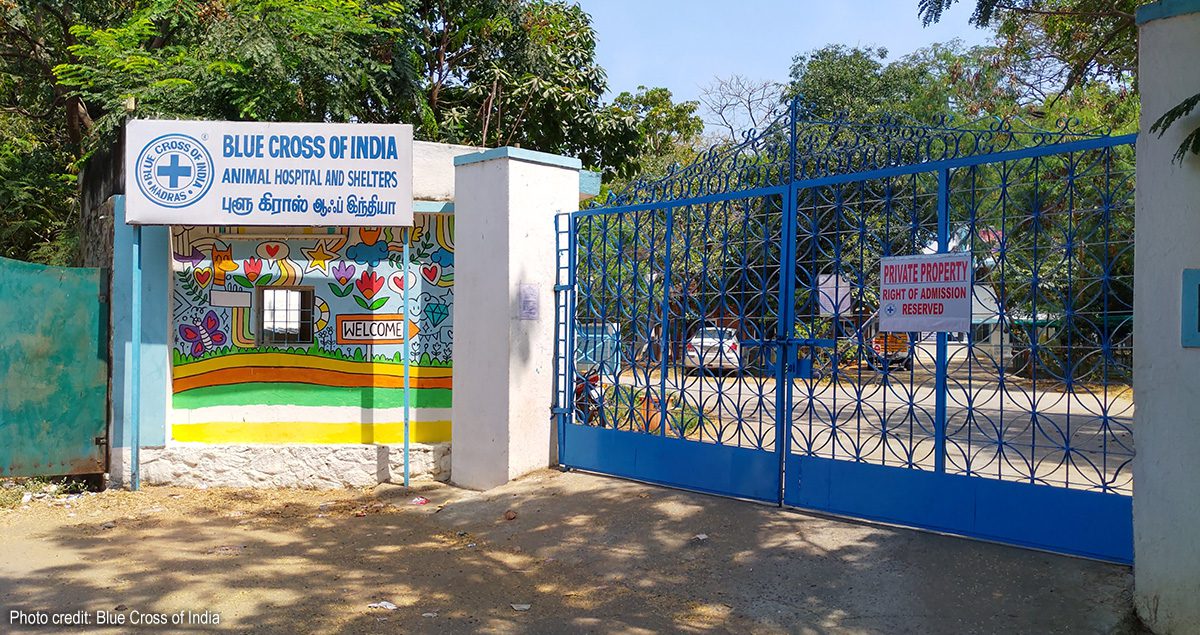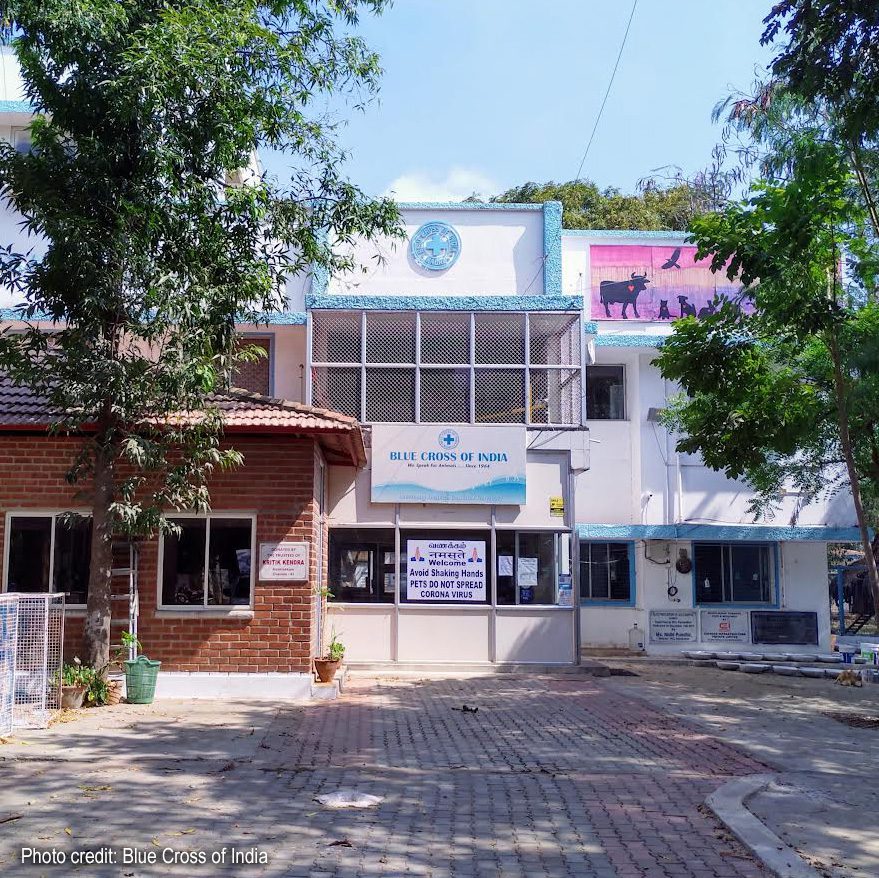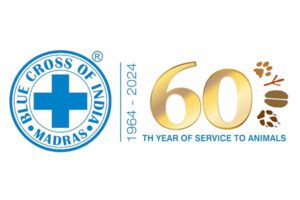
Sep 30, 2024 Blue Cross of India: Pioneering Animal Welfare and Rabies Control for 60 Years
In 1959, Captain V. Sundaram, his wife Usha and their son, S. Chinny Krishna (then almost 15 years old), were three of the four founding members of the Animal Aid Association in Madras (now Chennai) in southern India. 1964, the organization was formally registered as the Blue Cross of India (BCI). The stimulus for forming the Animal Aid Association was the rescue of two puppies from a stormwater drain during floods in Madras. The family shared their home with numerous animals, including the usual cats and dogs, a rescued goat and a baby squirrel. Compassion for animals was a core value in the Sundaram household.
The establishment of the BCI led to visits to the dog pound in Madras and an investigation of the history of dog control in the city. The municipal corporation engaged in dog control because of concerns about rabies, a disease primarily transmitted to humans due to a dog bite. Chinny Krishna investigated the history of dog control and rabies in the city. He found that the municipality was killing increasing numbers of dogs every year, but the number of cases of human rabies in the city was also increasing. In other words, controlling dogs by killing them did not lead to fewer human rabies cases. In the 1960s, the Indian Government also promoted human family planning via advertising slogans such as “a small family is a happy family.” The family planning campaign for humans led Chinny Krishna to investigate reproduction control in animals. He discovered that spaying and neutering were common surgeries in private veterinary practice. That insight led to the development of a Blue Cross campaign in the mid-1960s promoting animal birth control (ABC) as an alternative to dog killing. The Blue Cross advertised that controlling street dog populations was as easy as ABC! It appears that this was the first time in the world that the sterilization of dogs was put forward as a humane approach to control growing dog populations.

The Blue Cross has also been involved in various animal welfare projects over the past 60 years. In the 1970s, India exported rhesus monkeys to the United States for biomedical research to advance public health (a condition of the export). However, Prime Minister Desai ended that export after Nanditha Krishna (Chinny Krishna’s wife) wrote to him to explain that some monkeys were being used in radiation research by the Armed Forces Radiobiology Research Institute. The Blue Cross also campaigned successfully to end the export of frog legs to Europe and the use of animal cadavers in biology dissection.
In 2021, S. Chinny Krishna received a Prani Mitra (literally “Friends of Animals”) Award from the Indian government for his lifetime of animal service. This was the first time since 2003 that the Prani Mitra Awards honoring animal advocates had been announced. Captain V Sundaram, Chinny’s father, received a posthumous Prani Mitra award (collected by his mother, Usha Sundaram) in 1998. Chinny and his father are the only father-son pair to receive the Prani Mitra Award.
While the award honors individuals, Chinny’s animal welfare work is most definitely a community affair, starting with his parents and including his wife, Nanditha, his siblings and his sons. Both sons have been active in animal welfare advocacy, and one has produced a PhD thesis on the history of animal welfare in India. In writing about the Blue Cross and its 60th anniversary, one cannot help but applaud the achievements of the Sundaram family and all the others who have volunteered and worked for the Blue Cross of India since its first registration in 1964.



